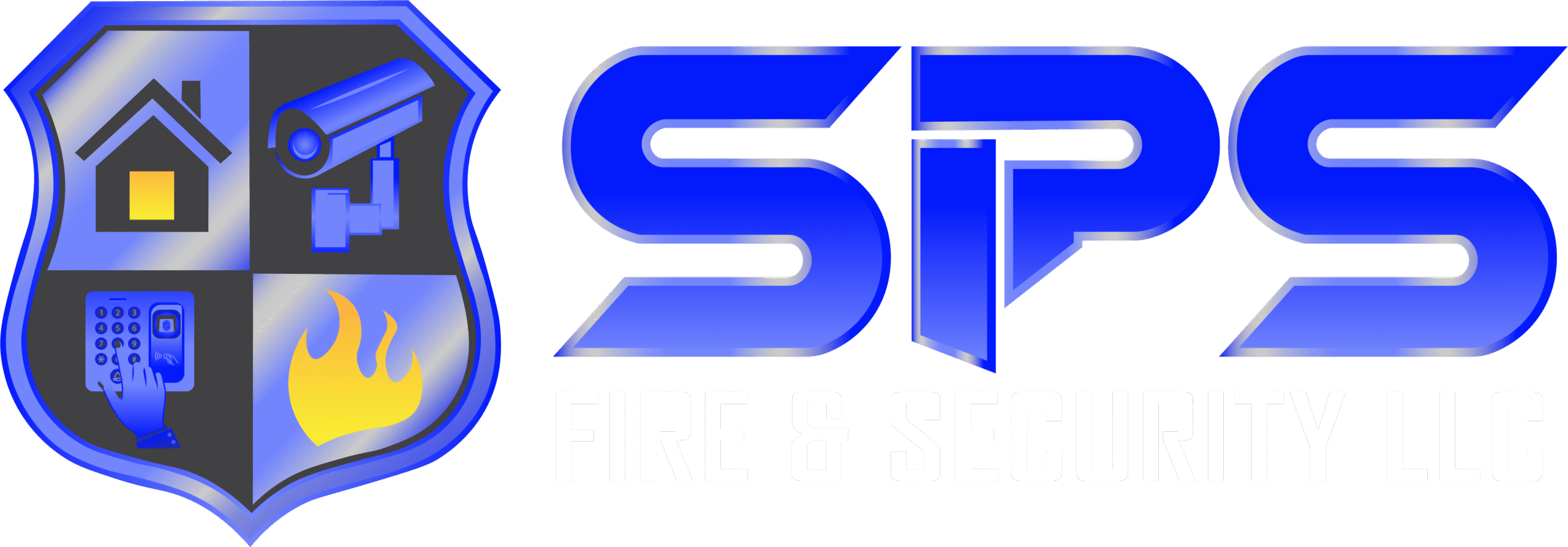How to Choose a Reliable Video Surveillance Camera System

A Quick Guide for Choosing the Right Surveillance Camera for Your Home or Business So why should you be concerned about security cameras and lenses not being created equally? How does this impact your specific situation when choosing a video surveillance camera system for your home and business? Looking at only the cost of a camera can seem like an easy way to decide, but the decision involves much more. When choosing a Video Surveillance Camera for your business or home, you need to make important decisions. The first decision is the type of camera you need. Of course, the application and your budget will determine this decision. The lens types each camera uses can also significantly influence your choice. Perhaps the area you need to monitor doesn’t change much. In that case, you won’t need the same type of lens that cameras in a bank or department store require. If the scene is active, you might need something more advanced. While this might sound a little overwhelming, don’t get too anxious. The decision is much easier than it seems. Below is a breakdown of cameras and why those differences should matter to you. The Video Surveillance Camera Rundown Box Security Camera The box camera is the standard camera type, and its shape gives it its name. Aesthetically, it doesn’t have anything extravagant, but what’s inside counts. For instance, you can customize the lens based on what the indoor or outdoor application needs. Despite this camera’s seemingly primitive design, it can use fixed lenses and the more advanced varifocal lenses. While people often think of these cameras as primarily analog, you can find them as IP cameras as well. Why you should care: Plenty of reasons! This is a common type of video surveillance camera used in residential and commercial indoor and outdoor applications. This also makes it more affordable compared to some camera types. In addition, having a camera that allows lens customization is good because you can choose the right lens based on the environment and lighting conditions. Mini Dome Security Camera ou’ve most likely seen mini dome cameras installed in department store ceilings. Their overall function is just like any camera; the housing is what differs. The dome housing is ideal for warehouses, department stores, kitchens, and any indoor or outdoor application that could make the camera excessively dirty and dusty. Why you should care:Commercial applications frequently use the mini dome surveillance camera. If you own or manage any type of facility, this camera is a great way to keep tabs on what happens at all times. You can find them in both analog and IP models; the IP models offer better system management and resolutions. However, your needs and budget will determine your options. Bullet Security Camera The bullet camera is a type that looks like it came straight out of a science fiction film because of its modern aesthetics. People also call these surveillance cameras “IR illuminators.” The housing’s design reduces the need for servicing. Plus, these cameras tend to take up less space than others. The IR illuminator is the type of camera you want in a low-light situation. You can also find this camera in analog and IP versions. Why you should care: The bullet surveillance camera is tough and doesn’t require separate housing to protect it from the environment. When looking for the right camera, you may need an IP or analog model that takes up very little space, needs servicing less often, and operates well when lighting may not be optimal. PTZ Security Camera If you think the bullet camera has a bit of a sci-fi feel, the PTZ surveillance camera offers a higher level of functionality. This type of camera lets you remotely pan, tilt, and zoom using software or a joystick. You can also preset surveillance patterns so the system records areas of interest automatically instead of requiring manual manipulation. This type of security camera helps you survey a wider area with a single camera instead of fixing a camera on one location. You can even zoom in on specific details in real-time. You can find this camera type in analog and IP versions. Why you should care: The PTZ camera gives you more control so you can see what you need to see with a single unit. If you prefer to not be at the mercy of a camera that is fixed on one area of interest, then this may be precisely what you need for your home or business. Quality cameras that keep an eye on your home or business Choosing the Right Video Surveillance Camera Lens There are two types of lenses used in video surveillance cameras. They are the fixed security camera lens and the varifocal lens. You may remember seeing these mentioned earlier since the box camera is one type that can use both. But what’s the difference? The fixed lens is a monofocal lens, which means the lens’s focal length is permanently set and you can’t change it, so it tends to have a fixed focal point. 1 This leads to your next very important decision: do you choose a narrow-angle camera lens or a wide-angle lens? Of course, what you need the camera to look at determines the decision. The varifocal lens allows you to adjust the focal length based on what you need. The PTZ security camera, for instance, uses a varifocal lens because its motorized controls allow it to. You can zoom in and out on an object or area as needed. If you need to get a clearer and more focused image, a PTZ camera with a varifocal lens will make that possible. Fixed lens applications: A fixed lens is ideal for interior spaces because the lens can’t be adjusted, so it has a fixed focal point. Some applications include a baby’s room or the family room. Varifocal lens applications: Cameras with varifocal lenses are ideal for commercial and residential spaces where the scenery will change a lot.
Video Surveillance Ethics & Legalities in New York

Can I Record My Nanny? Are Audio Recordings Legal Commercially? What’s the Deal When It Comes to Video Surveillance Ethics? People often question video surveillance ethics. Home video surveillance is gaining popularity. Property crimes have risen. Also, parents want to check on kids, elderly relatives, and pets when away. Seeing kids home from school or checking on an elderly relative with health issues brings peace of mind. People just pick up their smartphones. Parents also install video surveillance. They check on kids and nannies during the day. Employers use it to protect their business and workers. The many uses of video surveillance raise questions. What ethical and legal rules should people follow? This applies to home and business video surveillance. They monitor family, pets, employees, and businesses. The good news is we have answers for you. Protect Your Home or Business When You’re Away What to Know about Residential Video Surveillance If you choose home video surveillance, you can put cameras inside and outside. If you want indoor cameras to watch kids, nannies, pets, or elderly relatives when you’re away, don’t legally or ethically put cameras in bathrooms or a live-in nanny’s bedroom. Also, don’t install cameras in guest rooms. That would violate overnight guests’ privacy. It’s okay to put a camera in your own bedroom or young children’s bedrooms. If you hire a nanny, it is best to do the following to ensure video surveillance ethics are followed: Advise the nanny that cameras are used inside the home. Show the nanny where the cameras are located. Have the nanny sign an agreement in which he/she acknowledges the presence of video surveillance in the home. Hiding cameras and using them secretly breaks trust. It goes against video surveillance ethics. Parents want to protect kids. Homeowners want to protect property. But it unnerves people to find out they are being videoed without their okay. Proper notice can stop many problems. It’s best to have anyone working on the property sign an agreement. This paper shows they know about the cameras. It’s also ethical and polite to tell non-employees entering the property. Use a sign or tell them they are under surveillance. What to Know about Commercial Video Surveillance Ethics Just like you’d have a nanny sign an agreement, business owners should have employees sign one too. This paper should say they know they are on video at work. The law doesn’t require this. But it’s a good way to protect everyone. Business owner’s right to install cameras. It’s important to cover all of the bases. Usually, people install cameras to watch over everyone’s safety there. Also, business owners can make sure their business is okay when they aren’t present. Furthermore, many home rules apply here too. For example, don’t put cameras in restrooms, locker rooms, or changing rooms. This breaks privacy rules. It could even be seen as spying. Moreover, it’s bad when someone accuses an employer of recording in private areas. Consequently, the issue of “audio surveillance” arises. State-of-The-Art Systems That Meet Your Needs The Scoop on Video with Audio and the Video Surveillance Ethics There are some states that protect against audio recordings without the consent of the nanny or other party entering the premises. New York isn’t one of those, but, again, it is common courtesy to notify the nanny, handyman, dog walker, or another individual that the video cameras can also record audio. When the person is an employee, written consent will be needed. The following video addresses video surveillance rules that must be followed by Realtors, but has valuable information that can apply to any property owner wishing to have home surveillance cameras installed: Commercial Audio Surveillance – Employees Regarding commercial video that includes audio, an employer can only use video-only surveillance when they operate cameras without employees’ knowledge. However, section 250.05 of the New York Penal Law states that an employer can’t eavesdrop on conversations by mechanical means anyway. Since video cameras with audio recording ability fall within this category, violating this law constitutes a felony. On the other hand, New York allows recording a person’s voice with their consent. Therefore, if you have employees sign an agreement in which they acknowledge their voice will be recorded in certain areas of the business when they are present in the building, then you protect yourself against eavesdropping laws. Commercial Audio Surveillance – Customers As far as recording the voices of customers, there are some establishments that may need audio recording for security reasons. These establishments include: Check cashing establishments Banks Educational testing centers Convenience store/gas station counters Nightclub entrances and exits If it is a must for audio surveillance to be present, posting a sign doesn’t excuse unlawful audio reception. It is imperative that all audio recordings are carried out lawfully. Posting a sign that says, “Entering this facility implies that you consent to audio surveillance” works well. However, don’t immediately choose audio if you’re unsure how your business can stay within the law. Furthermore, if you ever doubt it, seek legal advice from an experienced attorney. Since every business and situation differs, it’s important that you define your intent so you know whether or not it violates the law. Ultimately, the decision depends on how important audio surveillance is to you. Contact Your Western New York Security Company SPS Fire & Security specializes in residential and business video surveillance. We use state-of-the-art equipment, commitment to the customers, and personalized service to give you the best experience possible. We also give you better protection for your home or business and we’re local! Call us today at 585-770-0348 or complete our contact form and we’ll get back to you as soon as possible.

